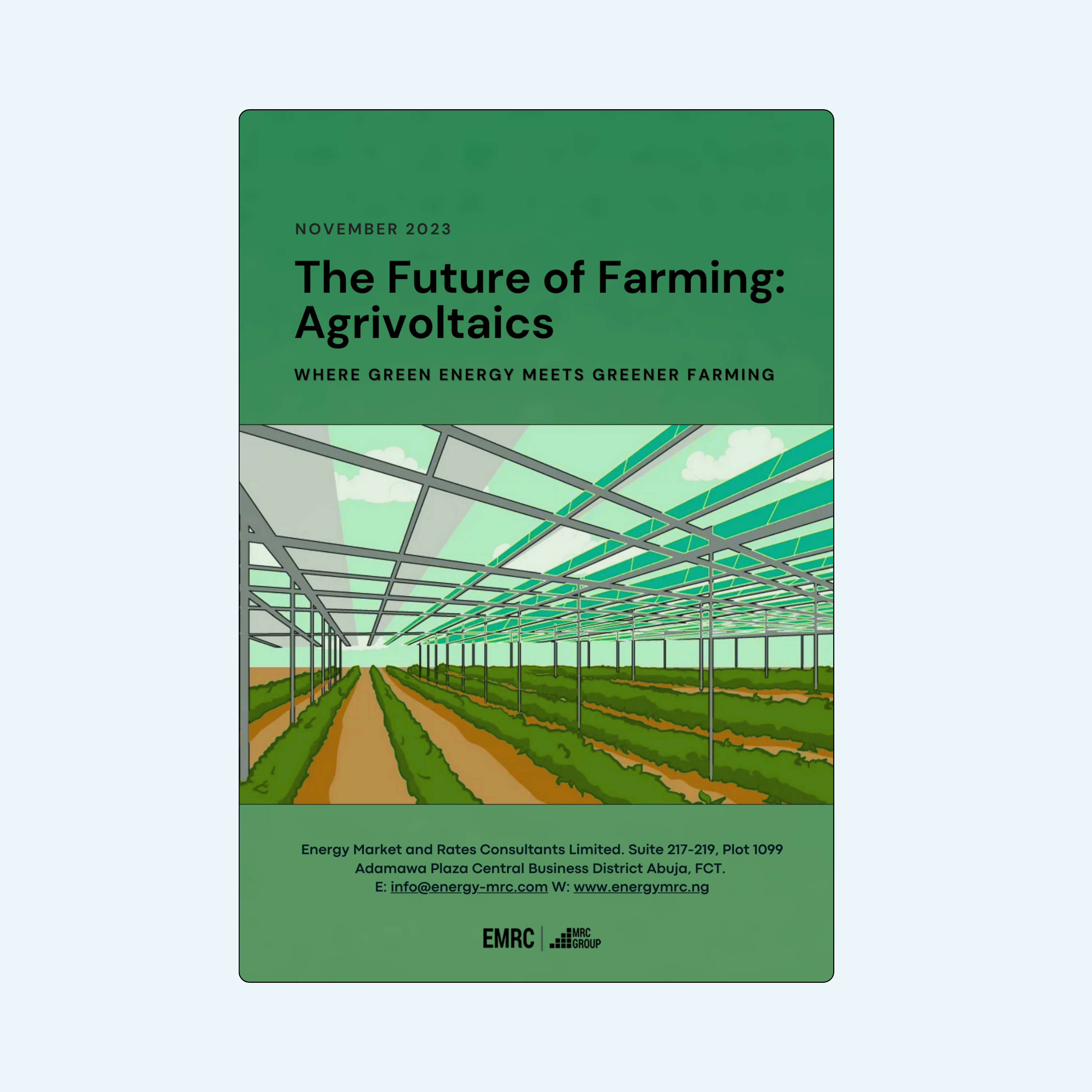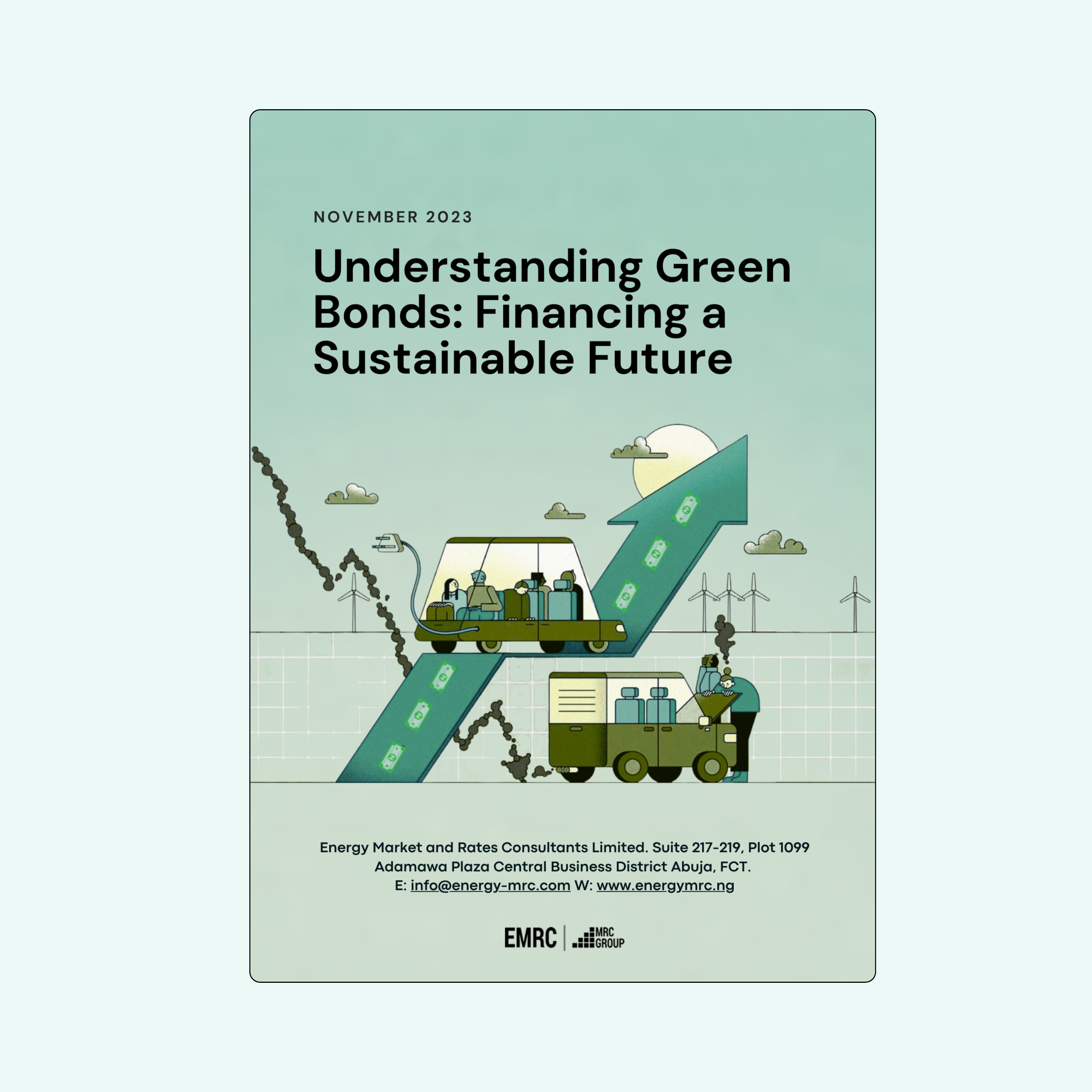
The recent emergence of agrivoltaics represents a significant step forward in the realm of sustainable energy and agriculture. By integrating solar energy production with farming practices, this innovative approach offers a compelling solution to several global challenges, including energy scarcity, land-use pressure, and environmental conservation. Through its harmonious integration of photovoltaic technology with diverse agricultural settings, agrivoltaics demonstrates promising potential for addressing pressing concerns while promoting economic growth and resilience in farming communities.
Real-world successes in regions such as France, Japan, and Massachusetts exemplify the adaptability and versatility of agrivoltaics, showcasing its ability to optimize various agricultural contexts, including high-value specialty crops, staple crop production, and livestock grazing. However, the widespread adoption of agrivoltaics necessitates overcoming a series of challenges, ranging from technical and economic barriers to social and cultural adaptation, as well as the establishment of comprehensive policy frameworks and robust research and development initiatives.
To navigate these challenges effectively, a multifaceted approach is required, including the development of modular and scalable systems, comprehensive training for farmers, establishment of public-private partnerships, and long-term research efforts to evaluate the impacts of agrivoltaics on crop yield, soil health, and farm economics. By considering these key strategies and adapting agrivoltaics to diverse agricultural contexts, we can further unleash its potential as a transformative force in sustainable agriculture and clean energy production.
In essence, agrivoltaics stands as a testament to human ingenuity, illustrating our capacity to innovate and thrive amidst evolving global challenges. As we continue to explore and implement this transformative approach, let us remain steadfast in our commitment to a sustainable and resilient future, where agrivoltaics plays a pivotal role in shaping a greener and more sustainable world for generations to come.












